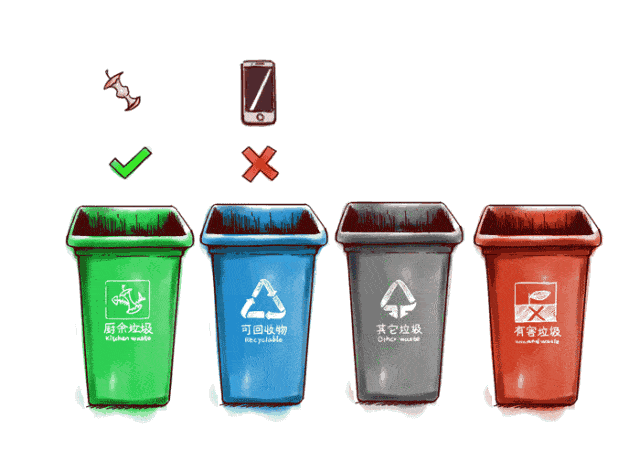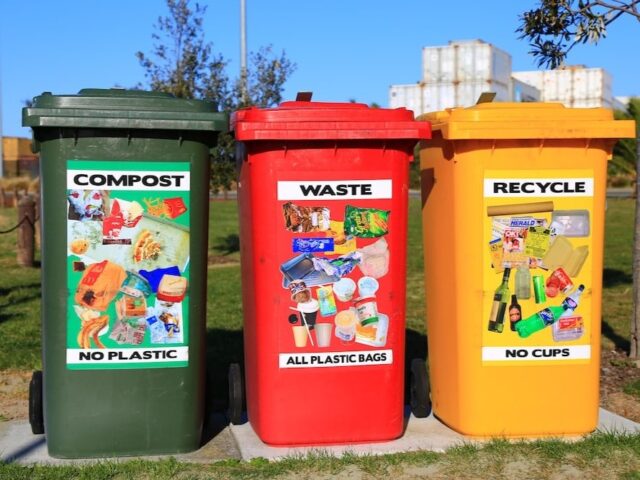According to waste management data from the Central Bureau of Statistics, 51% of households in Indonesia have never sorted their waste, and 21.7% occasionally sorted their waste1. While it may seem like a small and simple task, waste sorting is a crucial step in the waste management process that has numerous benefits for both the environment and the community.
Here are the key reasons why sorting trash is important:
Recycling: One of the main reasons for sorting trash is to separate recyclable materials from non-recyclable ones. Recycling helps conserve valuable natural resources (like metals, paper, and plastics), reduces the need for raw material extraction, and decreases energy consumption associated with manufacturing from scratch.
Reducing Landfill Waste: Landfills are finite spaces, and they have significant environmental impacts. Sorting trash helps divert materials that can be recycled or composted away from landfills, thereby extending the lifespan of landfills and reducing their negative impact on the environment.
Resource Conservation: Many materials can be recovered and reused through proper sorting and recycling. For instance, metals like aluminum can be recycled repeatedly without significant loss in quality. This reduces the demand for new raw materials, conserving natural resources.
Energy Savings: Recycling often requires less energy than producing items from virgin materials. By sorting and recycling, we can save energy and reduce greenhouse gas emissions associated with the manufacturing process.
Preventing Pollution: Improper disposal of certain materials can lead to pollution of soil, water, and air. Sorting out hazardous materials or items that could release harmful substances when improperly disposed of helps prevent environmental contamination.
Encouraging Sustainable Practices: Sorting trash raises awareness about waste generation and encourages responsible consumption patterns. When people see the volume and types of waste they produce, they may become more conscious of their consumption habits and strive to minimize waste generation.
Composting: Separating organic materials from other waste allows for composting, which creates nutrient-rich soil amendments. Composting reduces the amount of organic waste in landfills and decreases methane emissions—a potent greenhouse gas produced when organic matter decomposes in anaerobic conditions.
In conclusion, sorting trash plays a crucial role in reducing waste, conserving resources, minimizing pollution, and promoting sustainable practices. It’s an integral part of responsible waste management and contributes to a healthier and more sustainable planet.

Source:
- https://www.bps.go.id/statictable/2014/05/02/1360/persentase-rumah-tangga-menurut-provinsi-dan-perlakuan-memilah-sampah-mudah-membusuk-dan-tidak-mudah-membusuk-2013-2014.html
- https://www.chinadaily.com.cn/m/jiangsu/wuxi/attachement/gif/site1/20190816/286ed488c83f1ec049a601.gif
- Thumbnail: https://unsplash.com/photos/red-yellow-and-green-trash-bins-FoG7PKNYjpM





